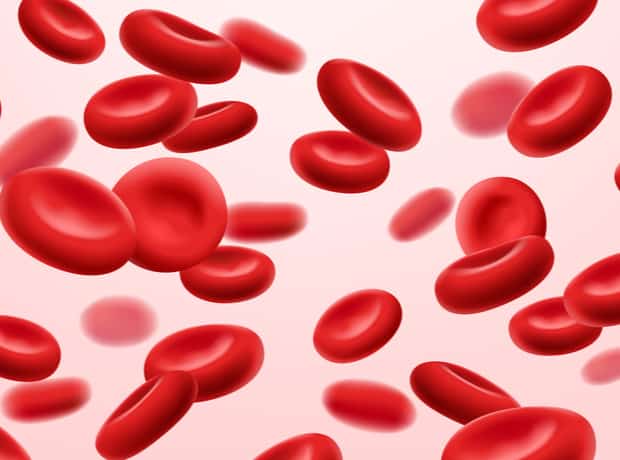Medulloblastoma is responsible for around 52 new cases in children in the UK every year
A new study led by Newcastle University and the University of Birmingham has revealed that a new ten-minute brain scan could reduce diagnosis waiting times for paediatrics living with brain cancer.
Published in eBioMedicine, the study was funded by Children with Cancer UK and Cancer Research UK.
Affecting around 52 children every year in the UK, medulloblastoma is the second most common brain tumour in children and the most common malignant children’s brain tumour. It begins in the cerebellum, which plays a role in muscle coordination, balance and movement.
The four subgroups of medulloblastoma include classical medulloblastoma, anaplastic or large cell medulloblastoma, nodular or desmoplastic medulloblastoma and medulloblastoma with extensive nodularity.
Utilising MRI scanning and artificial intelligence, researchers took cell samples from 86 tumours and used a ten-minute laboratory test to accurately identify metabolic markers, including chemicals specific to different medulloblastoma tumour groups.
In addition, the study found that glutamate, a metabolite present across all of the tumour cells, was linked with tumour prognosis.
The “rapid diagnosis” test “has the potential to revolutionise patient management, allowing early non-invasive diagnosis, tailoring of treatment decisions and reducing the period of uncertainty for patients and parents while awaiting a full diagnosis,” explained professor Steve Clifford, director, Centre for Cancer, Newcastle University.
Furthermore, the findings could pave the way for using MRI scanning combined with machine learning to assess medulloblastomas for signature metabolic profiles without requiring invasive biopsies, rapidly reducing the current three- to four-week wait from presentation to full diagnosis.
Dr Laura Danielson, children’s and young people’s research lead, Cancer Research UK, said: “This… study has identified a new way to distinguish between the four subgroups of medulloblastoma [and]… paves the way for the development of simple imaging tests that could quickly and accurately diagnose the different types of medulloblastoma.
“Developing quicker, less invasive ways to accurately diagnose the different types of medulloblastoma… is a crucial step in improving outcomes for young patients.”















+ There are no comments
Add yours